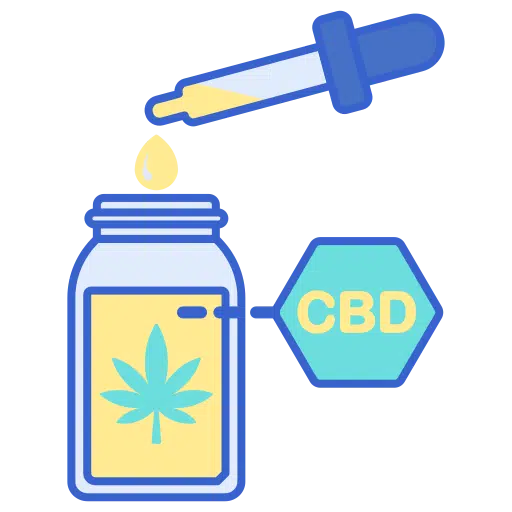
by Simone Black, Doctor of Pharmacy Candidate, University of Mississippi School of Pharmacy
Cannabidiol (CBD) is one of the key and commonly known phytocannabinoids (the other being tetrahydrocannabinol [THC]) found in the Cannabis sativa plant – an herb that has been a subject of major therapeutic debate for several decades. The plant’s infamous reputation is principally attributable to its THC component, which, unlike CBD, produces psychotropic and intoxicating effects when consumed.1 Although the Food and Drug Administration (FDA) generally considers CBD less problematic, the Controlled Substance Act (CSA) has considered all pharmacologically active constituents derived from marijuana to be Schedule I substances since 1970. Recent laws and regulatory action have attempted to de-schedule CBD. On April 6th of this year, the Drug Enforcement Agency (DEA) removed Epidiolex®, an antiepileptic drug that contains CBD and is FDA-approved for childhood seizures, from the list of federally controlled substances. However, a loophole in the 2018 Farm Bill and poor enforcement of federal law have shifted the spotlight away from Epidiolex® and onto CBD’s transformation into an under-regulated over-the-counter product.2,3 Pharmacists and other health-care professionals should be well-informed about the clinical evidence, over-hyped claims, legislation, and concerns surrounding CBD use in order to ensure the safety of patients.